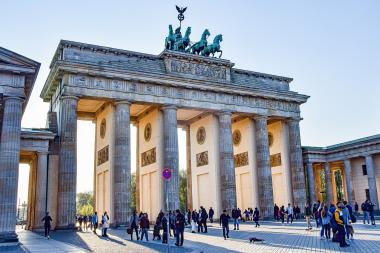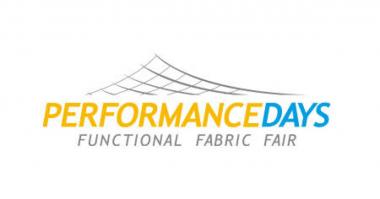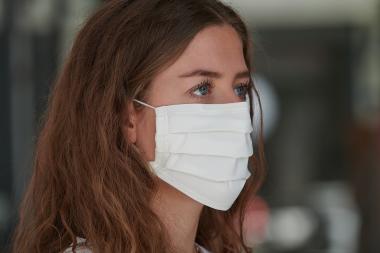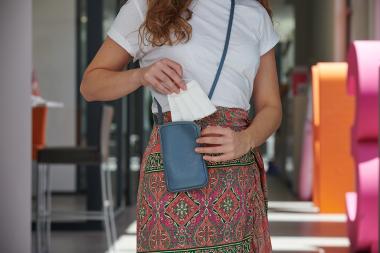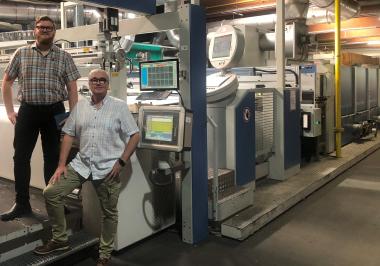Lenzing opens lyocell plant in Thailand
- Project delivered on schedule and at budget after two and a half years of construction despite challenges arising from a global pandemic
- New state-of-the-art lyocell plant with a capacity of 100,000 tons will help serve the growing demand for sustainably produced fibers
- Important milestone towards a carbon-free future has been set
The Lenzing Group is pleased to announce the completion of its key lyocell expansion project in Thailand. The new plant, one of the largest of its kind in the world with a nameplate capacity of 100,000 tons per year, started production on schedule and will help to even better meet the increasing customer demand for TENCEL™ branded lyocell fibers. For Lenzing, the project also represents an important step towards strengthening its leadership position in the specialty fiber market and into a carbon-free future.
The construction of the plant located at Industrial Park 304 in Prachinburi, around 150 kilometers northeast of Bangkok, started in the second half of 2019 and proceeded largely according to plan, despite the challenges arising from the COVID-19 pandemic. The recruiting and onboarding of new employees has been successful. Investments (CAPEX) amounted to approx. EUR 400 mn.
“The demand for our wood-based, biodegradable specialty fibers under the TENCEL™, LENZING™ ECOVERO™ and VEOCEL™ brands is growing very well. In Asia in particular, we see huge growth potential for our brands based on sustainable innovation. With the production start of the lyocell plant in Thailand, Lenzing reached an important milestone in its growth journey, supporting our ambitious goal to make the textile and nonwoven industries more sustainable”, said Robert van de Kerkhof, Member of the Managing Board.
In 2019, Lenzing made a strategic commitment to reducing its greenhouse gas emissions per ton of product by 50 percent by 2030. The target is to be climate-neutral by 2050. Due to the established infrastructure, the site in Thailand can be supplied with sustainable biogenic energy and contribute significantly to climate protection.
Together with the key project in Brazil and the substantial investments at the existing sites in Asia, Lenzing is currently implementing the largest investment program in its corporate history (with more than approx. EUR 1.5 bn). Lenzing will continue to drive the execution of its strategic projects, which are to make a significant contri-bution to earnings from 2022.
Lenzing AG








